No products in the cart.
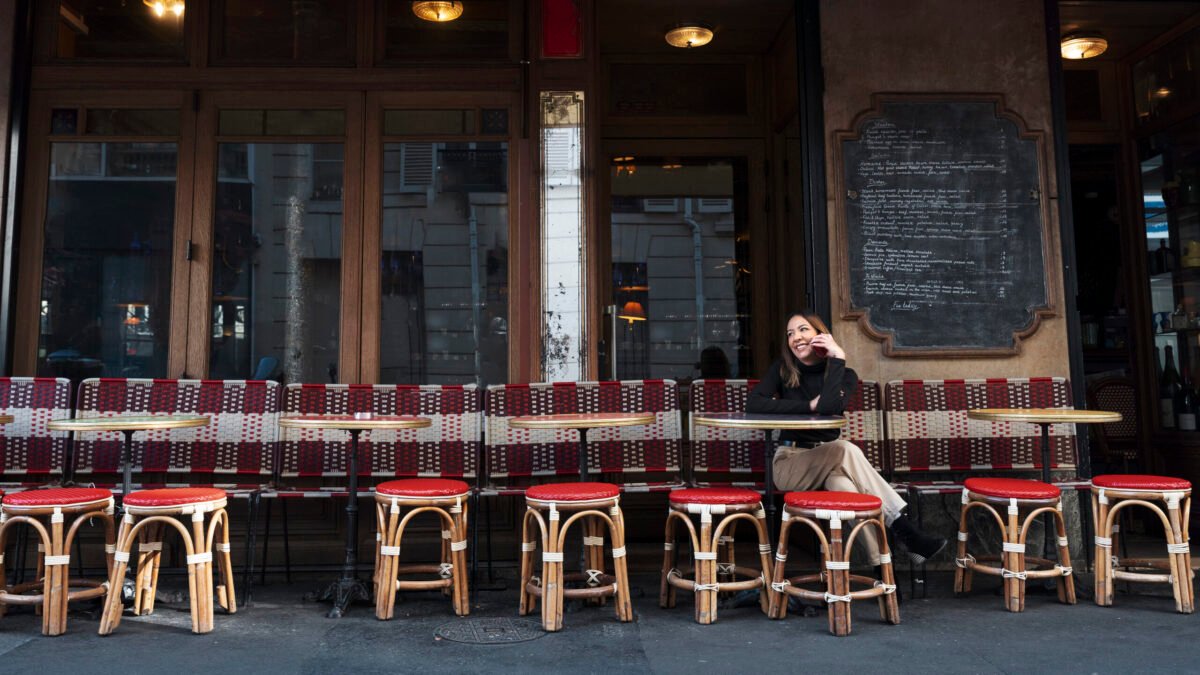
Auf DEUTSCH? Travel terms for German-speaking Schweiz
A Language Guide for Travelers in German-Speaking Switzerland 🇨🇭
A few well-placed words & PHRASES can UPGRADE your Swiss adventure
Among its Alpine thrills—Switzerland weaves a cultural mosaic where language can be the key to deeper connection. In German-speaking Switzerland (which is over 60% of the country), taking the time to learn a few local phrases doesn’t just smooth over your travels—it can transform them.
In an age of overtourism, showing that little bit of cultural care and respect can go a long way. Whether you’re ordering a drink in Zürich, browsing a farmers market in Bern, or hiking above Lucerne, these essential German phrases can turn tourist moments into more human and meaningful exchanges. Consider this your cheat sheet for navigating everyday encounters like the locals do.
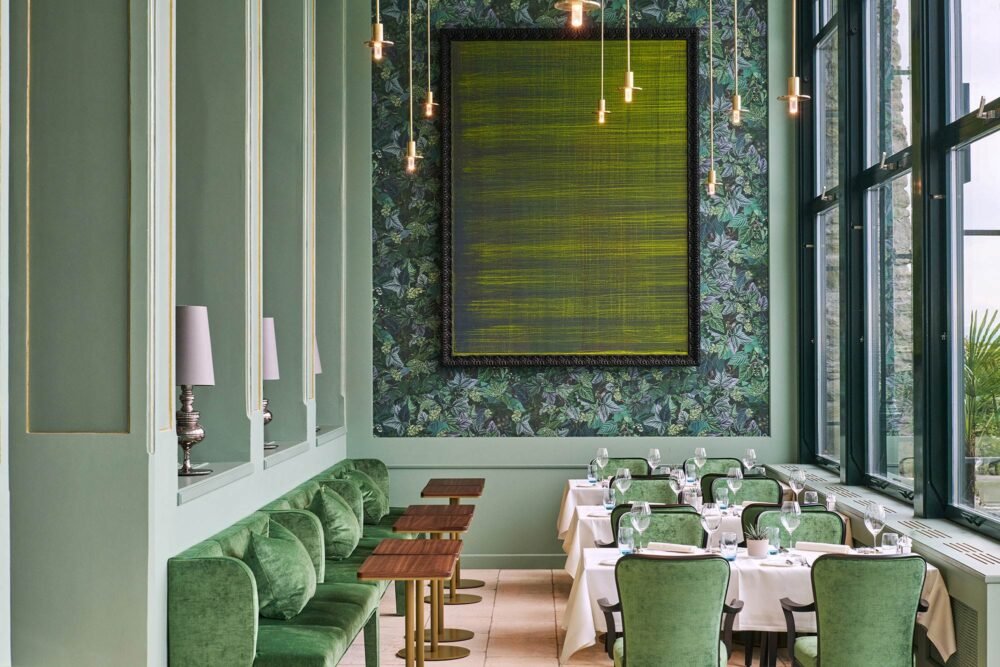
Photo © Restaurant Lumières | Hotel Château Gütsch
Basic Swiss-German Survival Phrases
| English | High German | Notes |
|---|---|---|
| Hello | Hallo / Grüezi | Grüezi is specific to Swiss German—locals love hearing it. |
| Goodbye | Tschüss / Auf Wiedersehen | Tschüss is casual; Auf Wiedersehen is formal. |
| Please | Bitte | Politeness always wins. |
| Thank you | Danke / Vielen Dank | Bonus points for Herzlichen Dank. |
| You’re welcome | Bitte schön / Gern geschehen | A warm closer to any thank-you. |
| Excuse me | Entschuldigung | Useful in shops or when bumping into someone. |
| Yes / No | Ja, Bitte. / Nein, Danke. | Yes, please. No, thank you. (Simple, but key.) |
| I don’t speak German | Leider, ich spreche kein Deutsch. | Sorry, I don’t speak German. (Honesty goes a long way.) |
| Do you speak English? | Sprechen Sie Englisch? | Ask respectfully before switching languages. |

Copyright by gpointstudio
Out & About: At Cafés, Shops, and Markets
| Phrase | Meaning | Where You’ll Use It |
|---|---|---|
| Ich hätte gern… | I would like… | When ordering food or drinks. |
| Was empfehlen Sie? | What do you recommend? | Great for connecting with restaurant staff. |
| Die Rechnung, bitte. | The bill, please. | Polite and effective. |
| Zahlen, bitte. | To pay, please. | Fast, friendly. Use when ready to check out. |
| Zum Mitnehmen / Hier essen? | To go / Eat here? | Especially in bakeries or cafés. |
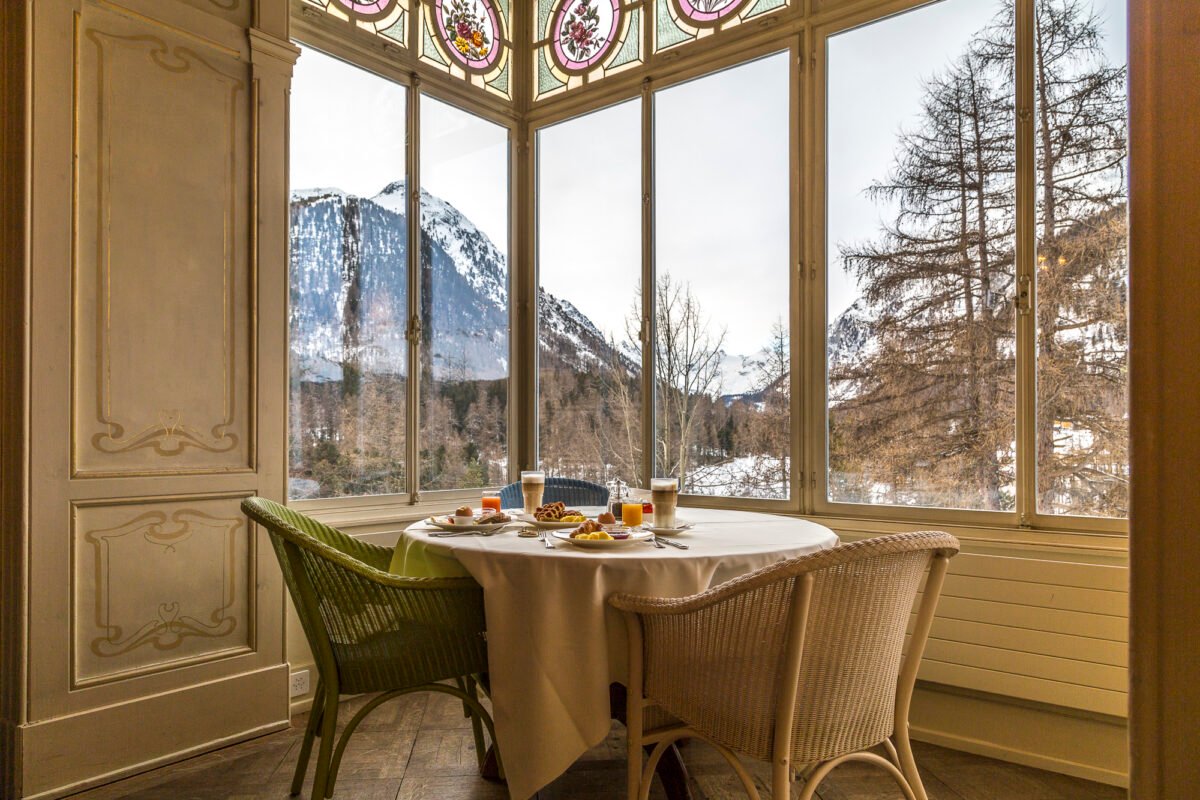
Lorem ipsum dolor sit amet, consectetur adipiscing elit. Ut elit tellus, luctus nec ullamcorper mattis, pulvinar dapibus leo.
Ordering Like a Local: Know Your Menu Terms
Switzerland’s menu lingo is often a delightful mix of German precision and Alpine comfort. These terms will help you decode your plate:
Food
Käse – Cheese (and yes, so much cheese)
Fondue – Melted cheese pot, often served with bread
Rösti – Crispy potato dish, a national favorite
Wurst – Sausage
Brot – Bread
Suppe – Soup
Salat – Salad
Tagesmenü – Daily special (often great value)
Drink Sizes
| Drink | Size (metric) | In German |
|---|---|---|
| Beer | 300ml | Ein kleines Bier |
| Beer | 500ml | Ein grosses Bier |
| Wine | 100ml | Ein Deziliter Wein (1dl) |
| Tap Water | Free, but ask | Ein Glas Leitungswasser, bitte (Pro tip: Swiss water is delicious!) |
| Coffee | Standard espresso or cappuccino | Ein Kaffee, bitte / Ein Cappuccino, bitte |
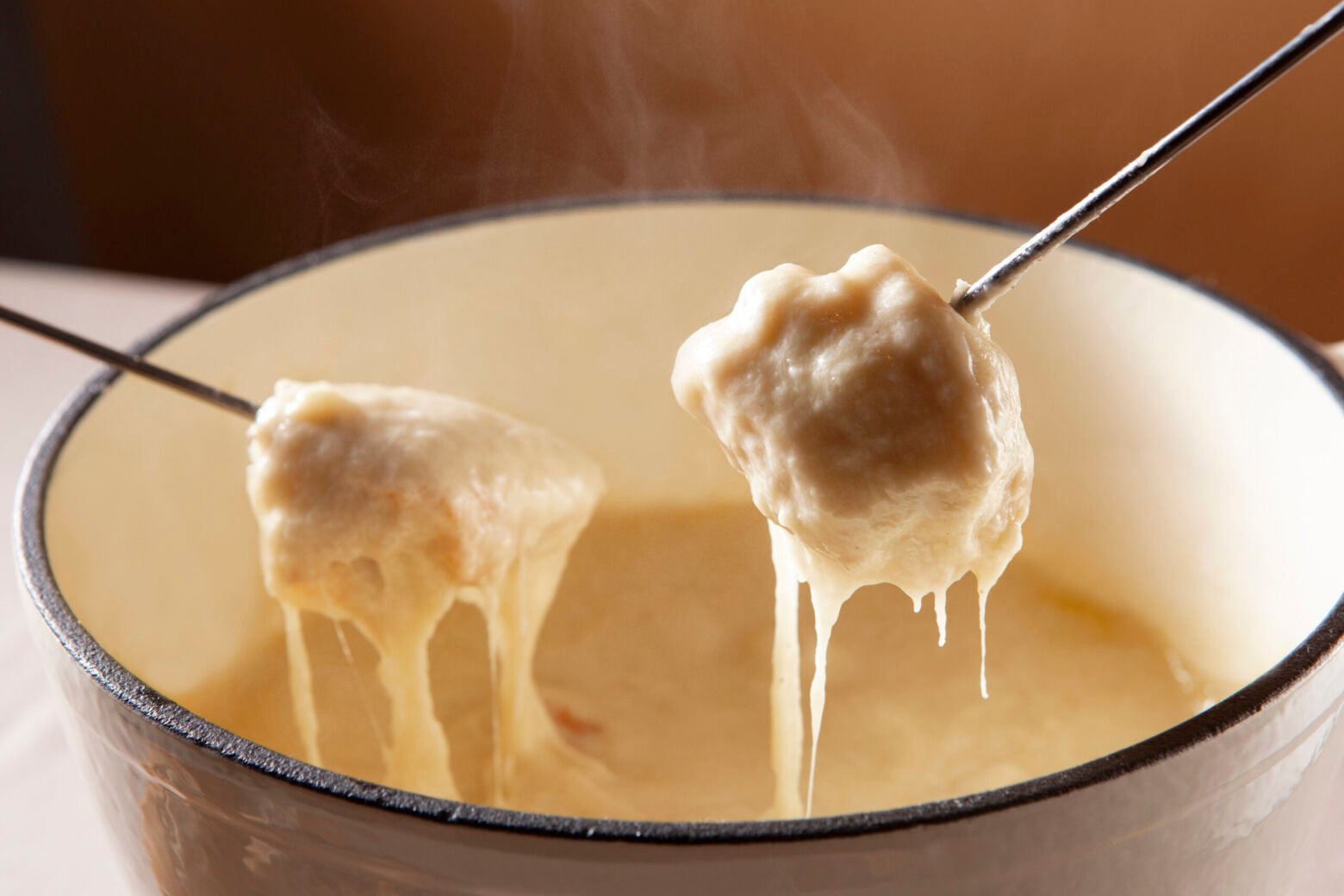
Ordering Like a Local: Know Your Menu Terms
Switzerland’s menu lingo is often a delightful mix of German precision and Alpine comfort. These terms will help you decode your plate:
Food
Käse – Cheese (and yes, so much cheese)
Fondue – Melted cheese pot, often served with bread
Rösti – Crispy potato dish, a national favorite
Wurst – Sausage
Brot – Bread
Suppe – Soup
Salat – Salad
Tagesmenü – Daily special (often great value)
Drink Sizes
| Drink | Size (metric) | In German |
|---|---|---|
| Beer | 300ml | Ein kleines Bier |
| Beer | 500ml | Ein grosses Bier |
| Wine | 100ml | Ein Deziliter Wein (1dl) |
| Tap Water | Free, but ask | Ein Glas Leitungswasser, bitte (Pro tip: Swiss water is delicious!) |
| Coffee | Standard espresso or cappuccino | Ein Kaffee, bitte / Ein Cappuccino, bitte |
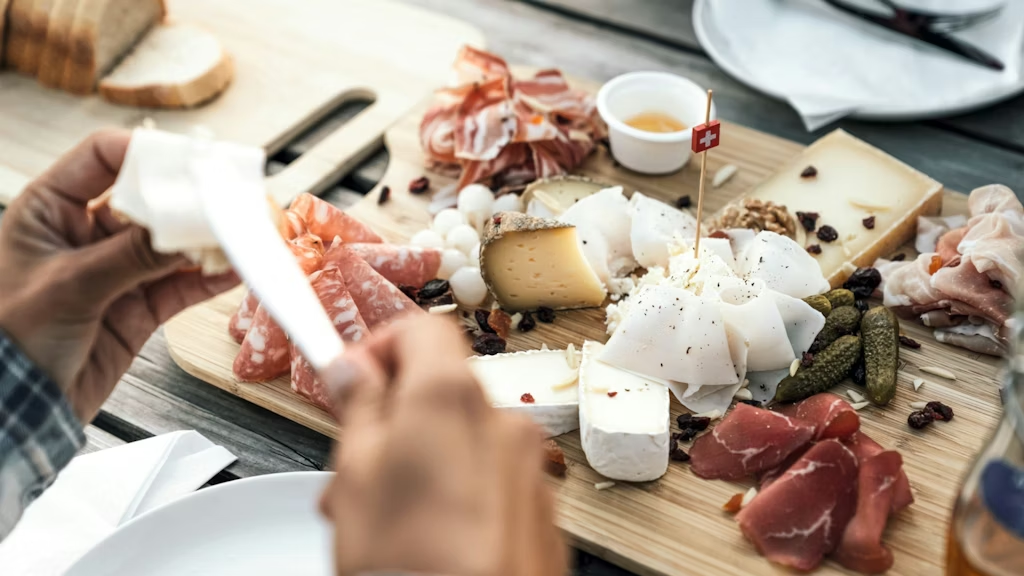
Travel Culture Tips:
Make it Flow
Using local phrases isn’t about fluency—it’s about flow. A little effort shows respect, curiosity, and awareness. It can open doors, smiles, and even insider tips from proud locals.
Non-Verbal Goes Far
A smile, eye contact, and a confident “Danke!” often make a stronger impression than perfect grammar.
Conscious Travel
In an era where crowds overwhelm popular spots, blending in and engaging respectfully is the future of travel. Saying “Grüezi” instead of “hi” signals you’re not just consuming culture—you’re connecting with it.
Bonus: Get Even Warmer Reactions With These
“Es ist wunderschön hier.” – “It’s beautiful here.”
“Die Schweiz ist so sauber und ordentlich!” – “Switzerland is so clean and orderly!” (Locals beam at this.)
“Ich liebe den Käse!” – “I love the cheese!” (Because, of course you do.)
Final Word: Speak Human, Not Perfect!
No one expects you to master Swiss German overnight. But showing you’re trying turns you from a tourist into a traveler. In the Alpine spirit of TOUR NOIR—where adventure meets intention—language becomes more than utility; it becomes a bridge.
So pack your essentials, lace your boots, and bring these phrases along. They’ll help you navigate the culture—with a bit of grace and humility.
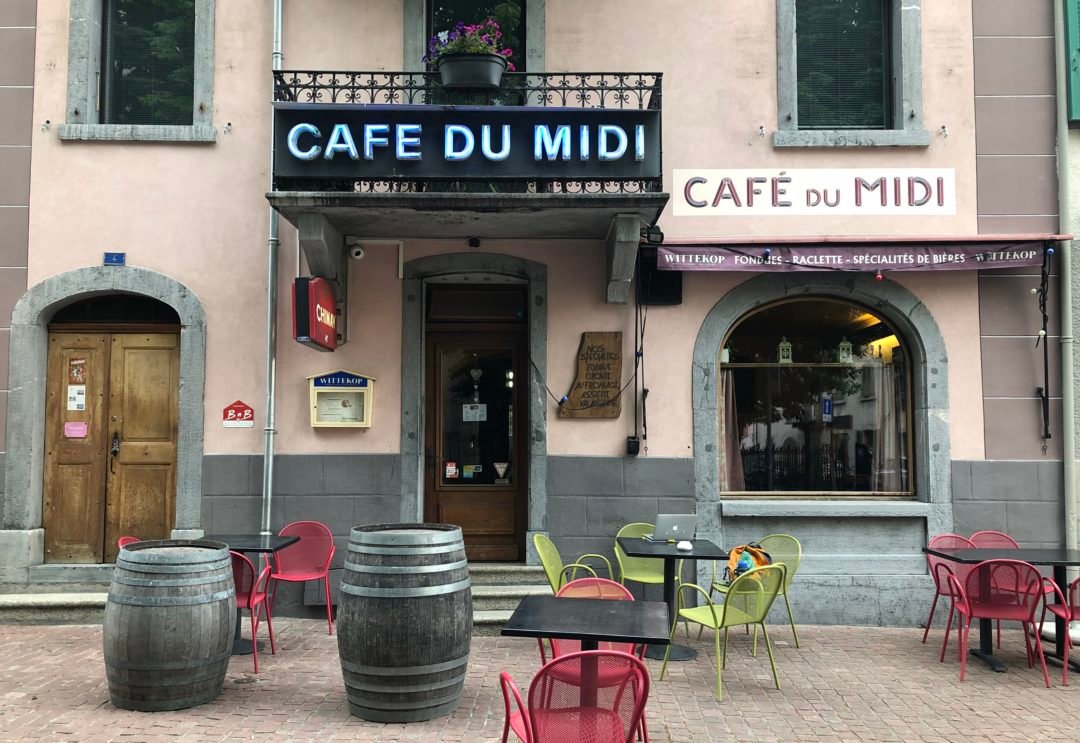
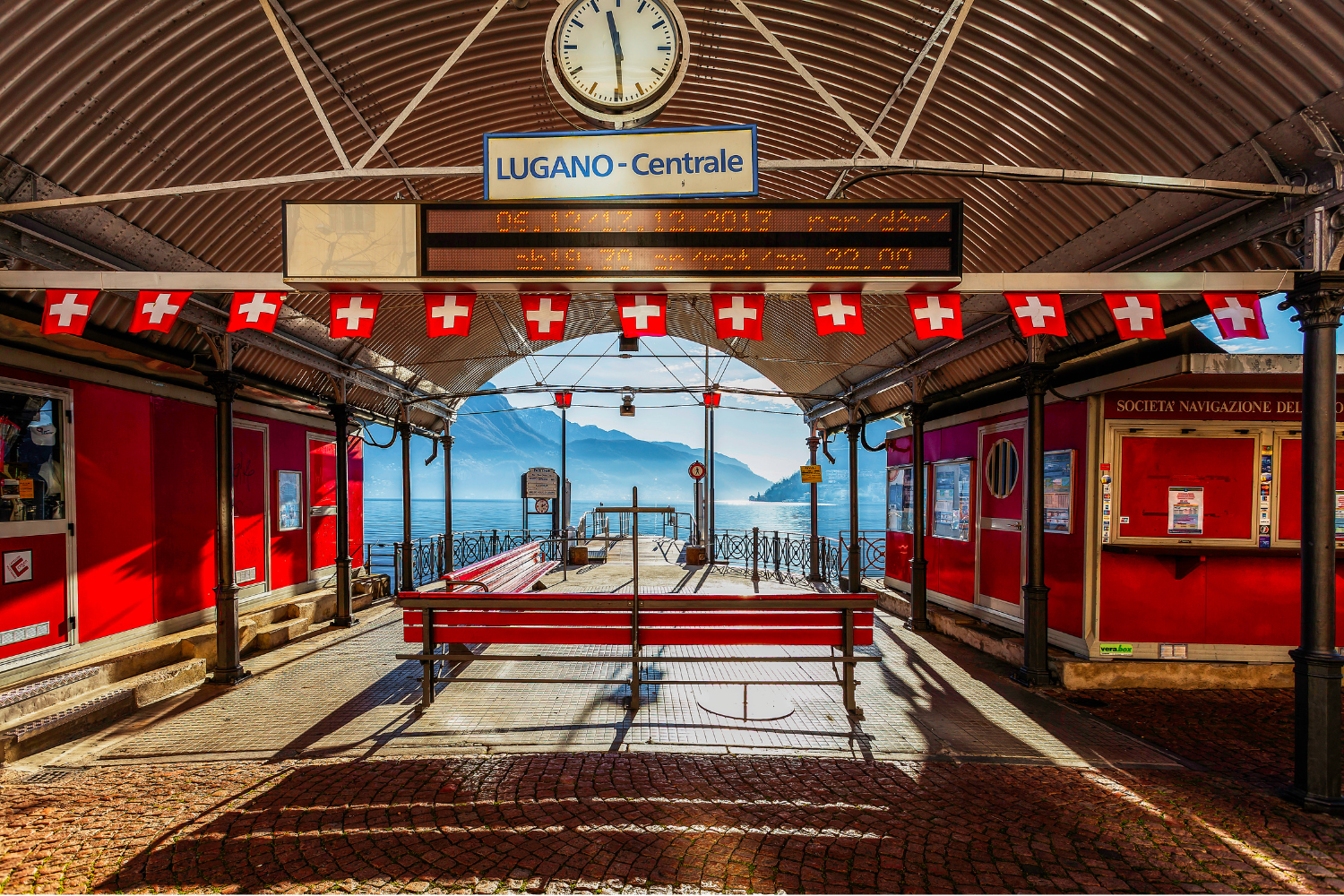

Leave a Reply